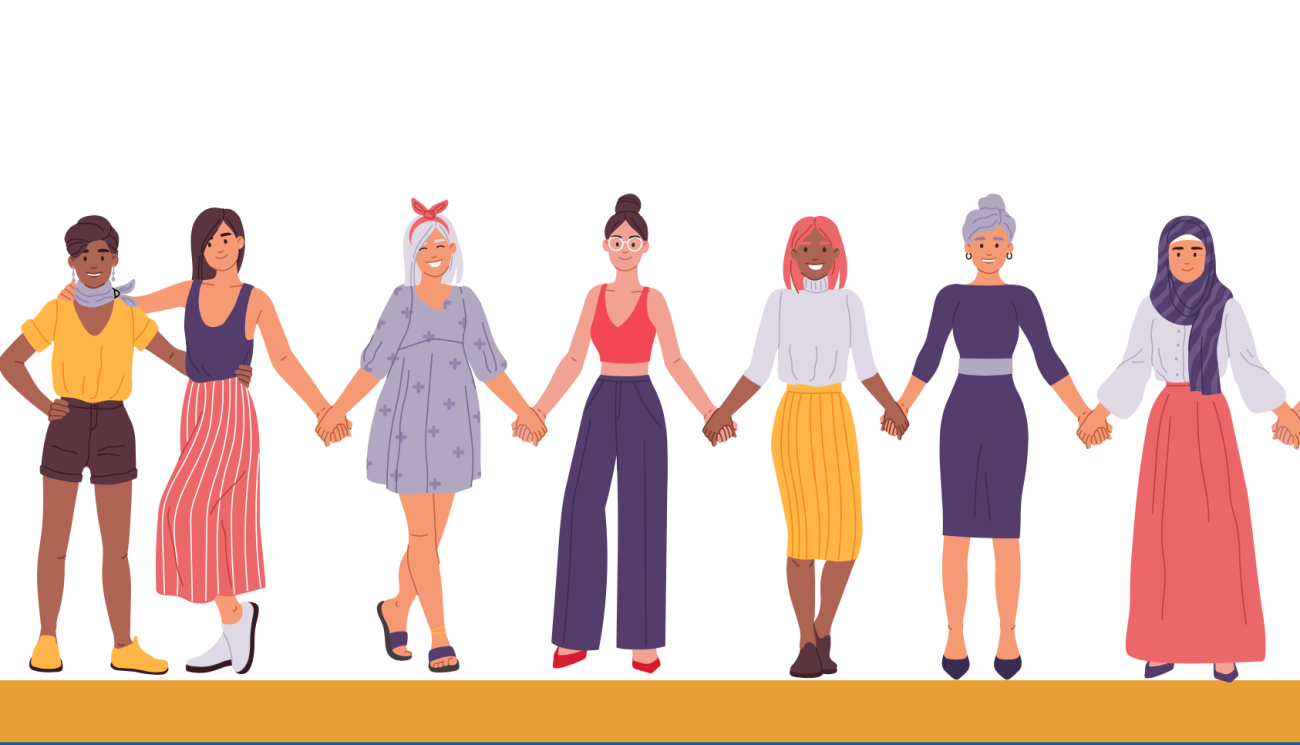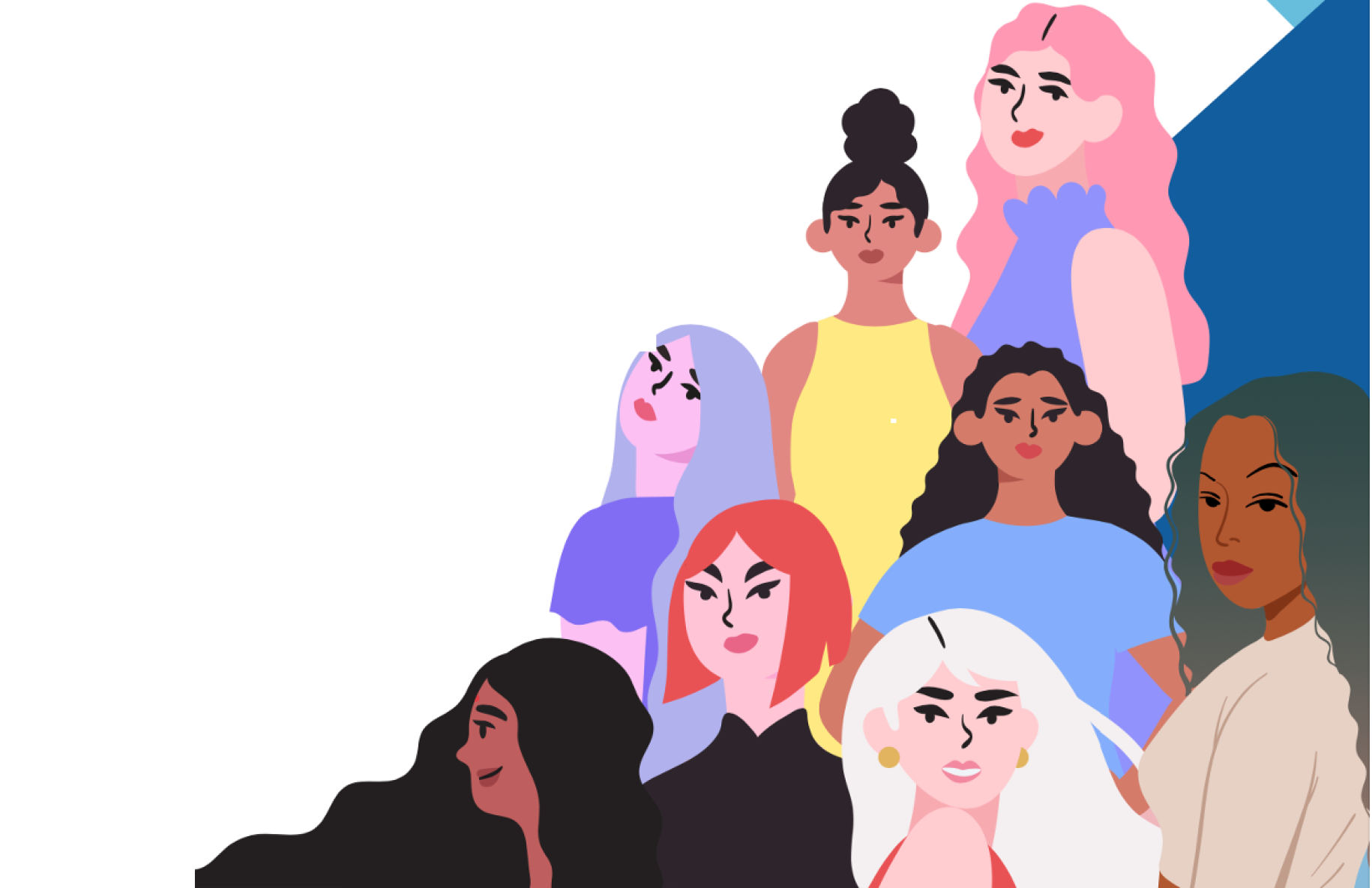Costa Rica Tackles Digital Violence Against Women in Politics

The participation of women in politics is a priority for the United Nations and should be so for society as a whole. We emphasize it not only on International Democracy Day, on September 15th, but every single day.
For the first time in its history, Costa Rica, in an effort to acknowledge it, will be holding gender-balanced elections in 2024, therefore ensuring an unprecedented space for women's political participation in the country.
However, this significant achievement faces a massive and growing challenge: hate speech, discrimination, and digital violence against women.
Under the leadership of the UN Resident Coordinator in the country, Allegra Baiocchi, and my specialized work with various UN partners, government, academia, and the private sector, we have expanded partnerships and efforts to track and combat hate speech and disinformation. These have become barriers to the political participation of many women not only in Costa Rica but also across the world. As part of this effort, we recently launched a new study by UN Costa Rica warning that attacks against women have grown by 72% in just the past year, with women in politics being the most affected, compared to a 50% increase in violence against the general population.
This violence manifests itself through visible behaviors on social media and virtual spaces that seek to delegitimize women’s leadership, knowledge, and capabilities in politics to impede their presence in the public and decision-making spheres.
To tackle this reality, our UN team, with the crucial role of the coordination team, has taken action alongside key partners to provide solutions to thousands of women who will be running for public office in February 2024.
As part of the UN Plan and Costa Rica's pioneering experience in researching and combating hate speech and discrimination, the United Nations has launched a new guide offering a range of tools and practical materials to help women effectively address any type of violence they encounter in digital spaces.

This toolkit helps to understand what digital violence is, how it is expressed, and the circumstances and positions most affected. It also reviews applicable national, regional, and international legislation and suggests the institutional path to address these situations. It provides information on how to access legal assistance and outlines step-by-step actions for reporting posts on Facebook, X (Twitter), Instagram, and TikTok. It also offers recommendations for separating public and private profiles, the need to monitor networks, and identifying potential threats.
For this effort to succeed, we all must assume responsibility. Below are summarized some of the main challenges identified:
States and public institutions:
- Review educational protocols regarding bullying to incorporate the prevention of digital violence against women and girls.
- Establish a justice system that addresses reports of digital violence, takes action, and reports on their handling.
- Human Rights oversight institutions should include and monitor programs to assist victims of digital violence.
- The academic sector should research and contribute evidence of the impact of these phenomena on our society.
Civil society:
- We need a vigilant civil society that reports and speaks out when necessary.
- Support monitoring efforts and the production of key statistics and information.
- Civil society should collaborate with institutions to coordinate data management, training, and education efforts.
Political parties:
- Publicly commit to ZERO TOLERANCE for violence against women in politics.
- Identify, report, and take necessary action when there are reports of digital or physical violence against women in politics from their parties. Publicly support and stand with them when they are attacked in this manner.
- Train their members to take action to prevent and address attacks.
Social media companies:
- Ensure that women have the knowledge and protocols to report violence on social media.
- Periodically report on their actions to combat and prevent violence against women.
- Support states in providing digital citizenship training, especially for young people.
- Review their reporting protocols to ensure they adapt to the reality of each country and penalize individuals who disseminate hate speech and discrimination through their social media platforms.
At the United Nations, we commit to continuing to support the research and analysis of these realities, ensuring the right for all women to have an active and safe public and political life.
This blog was written by Communications Officer at the Resident Coordinator's Office in Costa Rica Danilo Mora Díaz. To learn more about the work of the UN in Costa Rica visit Costarica.un.org













